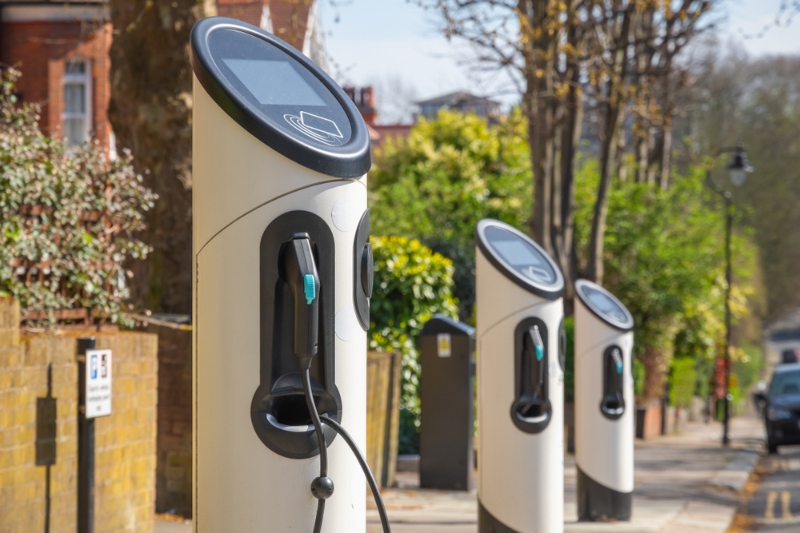An analysis of Department for Transport (DfT) figures has revealed that public money spent on installing off-street residential electric vehicle (EV) chargers is over 15 times what has been spent on public on-street residential chargers.


The analysis of DfT figures, carried out by the FairCharge campaign, shows that a total grant value of £104.5m had been spent on the Electric Vehicle Homecharge Scheme (EVHS) since the scheme’s inception in September 2014.
In comparison, the DfT spent £6.8m of grant funding on the On-street Residential Charging Scheme (ORCS) since the scheme was established in 2017.
The grant funding for the EVHS led to the installation of 236,697 domestic charging devices, whereas the grant funding has only led to 2,038 public charging devices since the scheme was established.
Quentin Willson, the former Top Gear presenter who is leading the FairCharge campaign, commented: ‘Of course, the EVHS has been great in that is has led so many to make the switch to EVs – but it can’t be right that there is such a big a gap between public money spent supporting off-street and on-street charging. Figures like this add to the feeling that some have that EVs are the preserve of the wealthy.
‘If the transition to net zero is to be successful then it must be fair. When it comes to EVs, it just isn’t fair that those who have access to driveways or garages have so much more Government help to support their charging needs than those – on average much poorer – people who do not. Our FairCharge campaign is aimed at preventing exactly this sort of injustice.’
A spokesperson for the Department for Transport said: ‘This Government is building a world-leading public charging infrastructure, committing more than £26m through the On-street Residential Charging Scheme - enough for 6,500 charge points across the UK.
‘A further £20m is available this year, and our Go Ultra Low Cities scheme is investing £40m in innovative public charge point projects, including residential charging and strategically placed rapid and ultra-rapid hubs.’